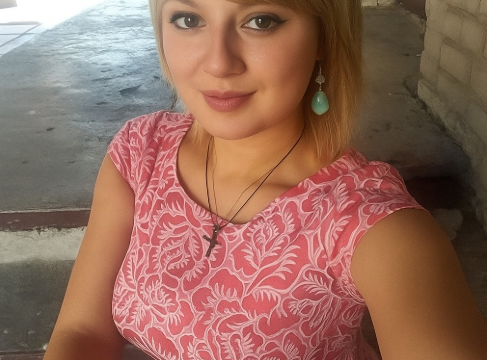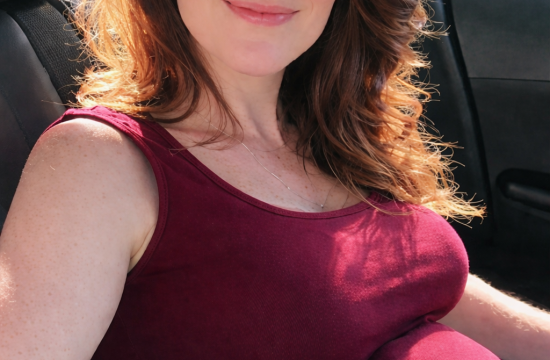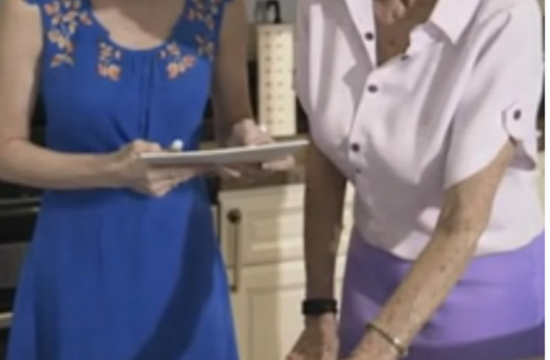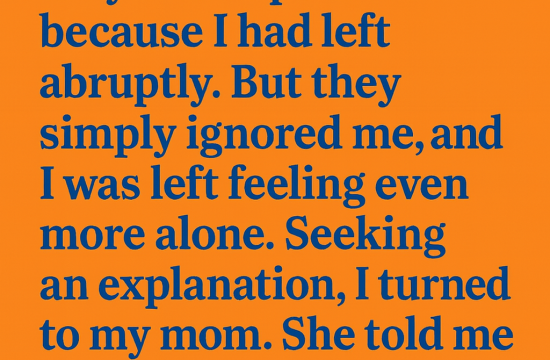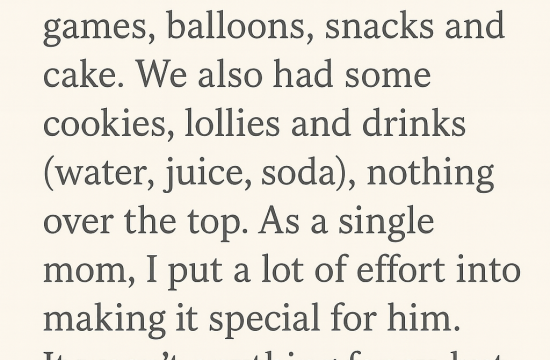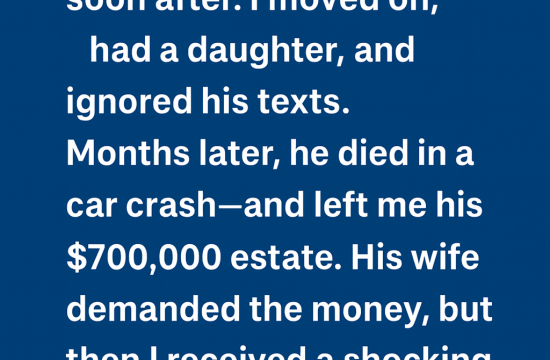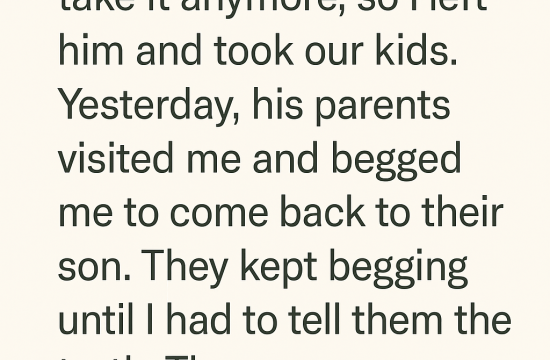Every year, my boyfriend’s family went on vacation. When I asked if I could join, his mom looked me straight in the eye and said I was “not part of the family.”
Later, when they came over for dinner, I served my grandmother’s famous chili recipe. As my boyfriend’s mom took her first bite, her eyes lit up. She asked for seconds. She didn’t mention the trip again—just smiled and said, “This chili is incredible.”
I forced a smile back, pretending her earlier words hadn’t stung. Inside, though, I felt a little glass crack.
After everyone left, Luca, my boyfriend, hugged me in the kitchen and whispered, “She’ll come around, I promise.”
I nodded, but doubt lingered. I was always polite and respectful, yet it felt like I was playing a game with invisible rules I’d never been taught.
The next week, they went to their Lake Chelan cottage. Luca offered to stay, but I urged him to go. I didn’t want him to miss family time because I wasn’t invited. I stayed home, working late at the bakery and binging cooking shows.
Two days later, his sister Nia texted me: “Can’t stop thinking about that chili. Send me the recipe?”
I hesitated. My grandmother always said, “Family recipes stay in the family.” But something about Nia’s message felt different. I sent her a photo of the old recipe card in my grandma’s handwriting with a note: “This one’s special. Make with love.”
The next morning, I got another message—but this time from Luca’s mom.
“Good morning. Just letting you know your chili reached Lake Chelan. Can’t get over the flavor. Thank you for sharing.”
I blinked at the screen, surprised. Unexpectedly kind. I replied simply: “Glad you enjoyed it.”
That night, Luca FaceTimed me. His family sat around the fireplace, bowls of chili in their hands, all smiling and waving at me—even his mom.
“Tell your grandma she’s smart!” she laughed.
Later, Luca told me his mom had admitted she may have judged me too harshly. She compared my chili to her own mother’s cooking. That stayed with me.
When they returned, things were different. His mom started inviting me to Sunday dinners, laughing at my jokes, asking me questions. She even began calling me “hon.” For her, that was a standing ovation.
Months passed. By December, Luca’s family was flying to Mexico for his cousin’s wedding. At dinner one night, his mom casually asked, “You’re coming too, right? Someone bring chili!”
I laughed, thinking she was joking. She wasn’t. My invitation was formal—flight, lodging, everything arranged. She even asked me to help plan some of the meals.
At the airport, she walked with me, sharing stories about Luca’s childhood, handing me snacks and a neck pillow for the flight. When we landed, she introduced me to everyone as “my girl.”
One night, after dancing barefoot on the beach, she pulled me aside. Her tone turned serious.
“I want to apologize,” she said. “For telling you that you weren’t family.”
I blinked, caught off guard.
“I was scared,” she continued. “Every time Luca brought someone home, I worried about losing him. But you’re not here to take. You give. You love him—and us. I see that now.”
My eyes filled with tears. She hugged me tightly.
“Family makes you cry sometimes,” she whispered. “But it feeds you good chili.”
From then on, things only grew warmer. Luca proposed to me in a quiet wildflower field—no audience, just us. When we told his parents, his mom screamed with joy and hugged me so tight I could barely breathe.
At our engagement party, she raised a glass.
“It took me a minute,” she said, “but I know a good woman when I taste her cooking. And more importantly, when I see how she loves.”
I nearly broke down right there.
Our spring wedding was small and magical—an oak tree, fairy lights, daisies in mason jars, and, of course, chili at every table.
But not long after, everything shifted again. His mom began feeling unwell. Tests confirmed the word no one wanted to hear: cancer. Aggressive. Advanced.
The woman who once said I wasn’t family now called me every night. Sometimes we talked. Sometimes we just sat in silence together on the phone.
One evening she asked me to make chili just for her. I brought a tray to her bedside: chili, buttered bread, a little daisy in a jar. She took a bite, smiled weakly, and whispered, “Still the best I’ve ever had.”
She said every spoonful carried memories—Lake Chelan, Mexico, laughter, second chances.
Two weeks later, surrounded by her husband and children, she passed peacefully.
At her memorial, Luca spoke with a trembling voice. “My mom once told me my wife taught her how to love more freely. I believe her heart got bigger because of that.”
Afterward, Nia pressed something into my hand—a small recipe box filled with their mother’s handwritten recipes. On top was a fresh card.
My chili recipe. Copied in her handwriting. At the bottom, she’d added:
“This dish changed my heart. Love always, Mom.”
I sobbed like a child. That box now sits in my kitchen.
Today, Luca and I host Sunday dinners at our own home. His dad brings wine, Nia brings dessert, and I bring chili. Sometimes we invite neighbors or friends. They often glance around nervously, unsure if they belong.
I always smile and say, “You’re family now. Take some chili.”
Because life doesn’t always start the way we want. Sometimes we’re excluded, misunderstood, underestimated. But love—true love—reveals itself in patience, kindness, and sometimes, a pot of chili.


